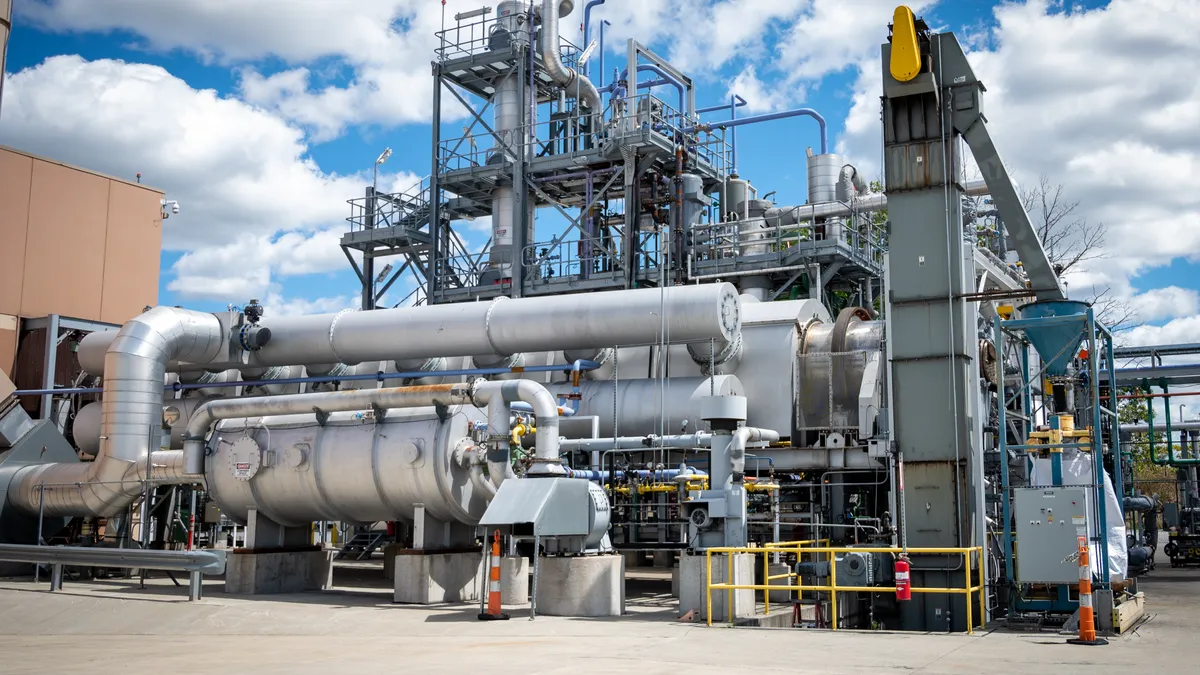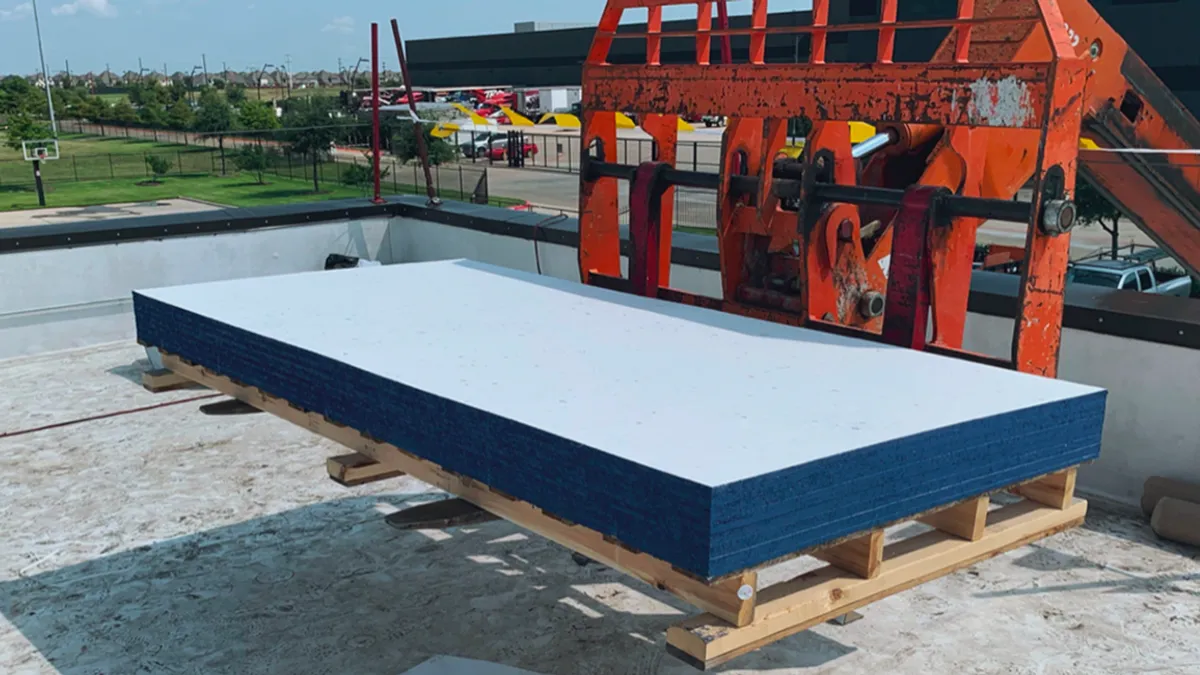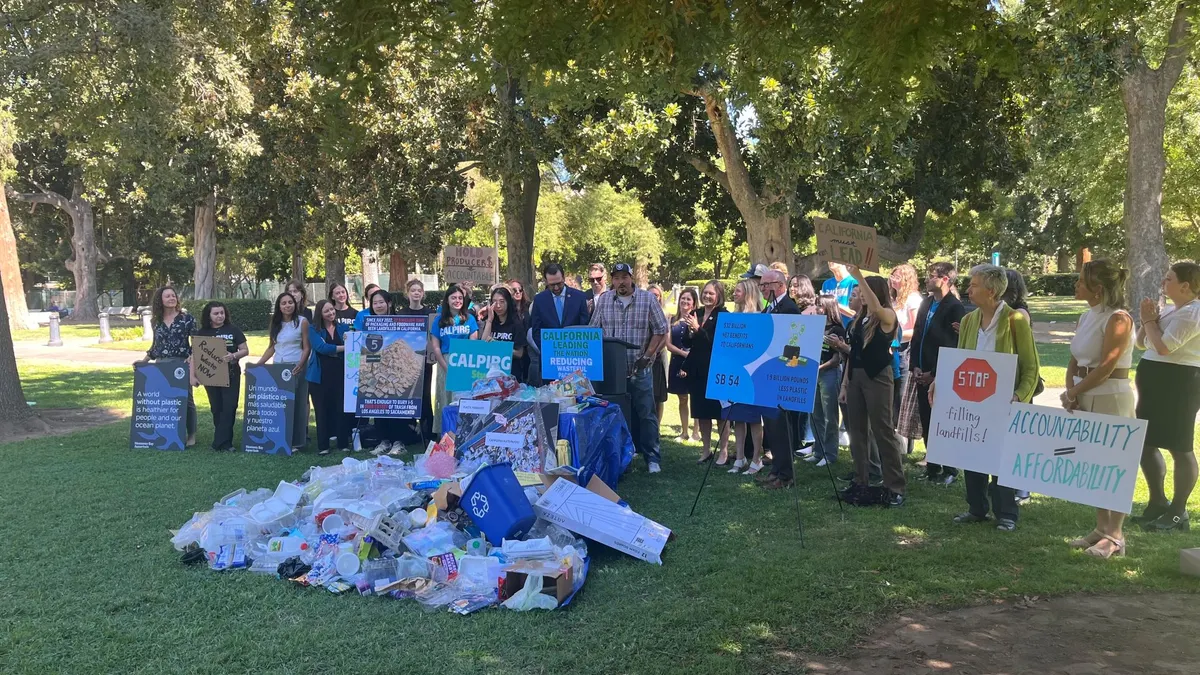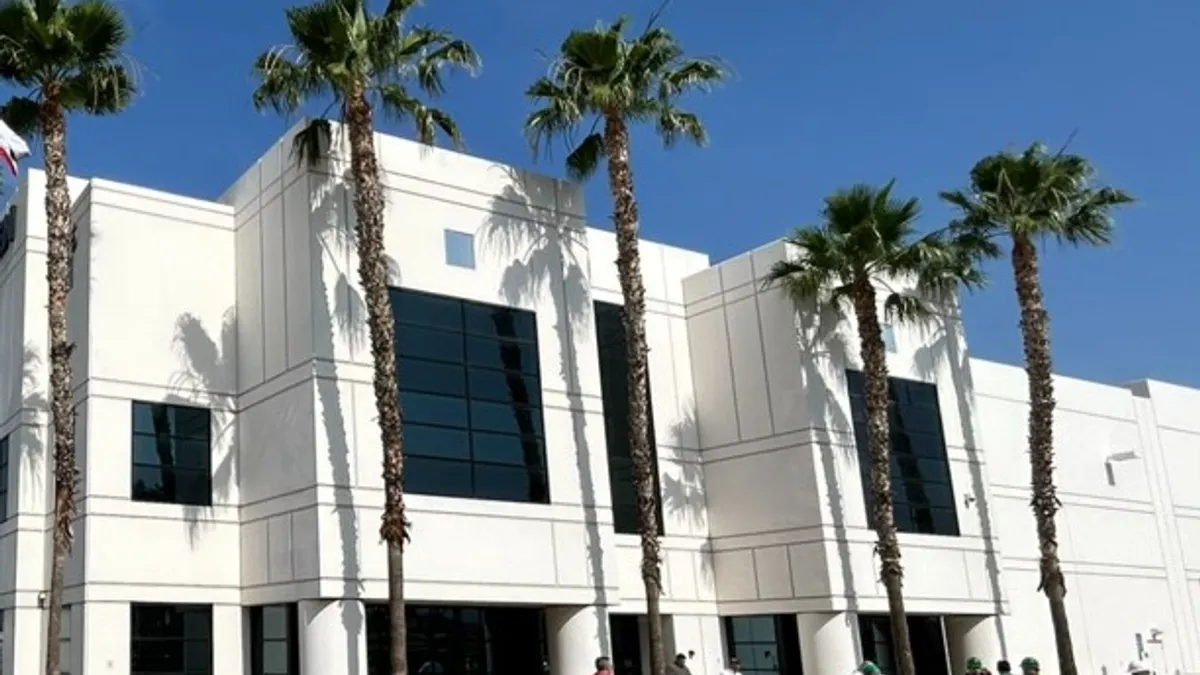The recycling industry is going through a transformational period and changes are occurring at a faster pace than at many points in modern history. All stops along the recycling supply chain, including MRFs, therefore have had to reconsider what makes an economically viable recycling business.
During a panel at the MRF and Recycling Plant Operations Forum in Chicago this week, speakers discussed strategies for operators to successfully maneuver through the changing landscape, with communication and relationship-building emerging as a key theme.
Representatives from some of the industry's most high-profile consulting firms suggested different entities tied to the recycling industry haven’t necessarily communicated well with each other about needs and conditions in the past. Now, they say MRFs should rework and bolster these relationships going forward. For example, that could mean thoroughly communicating to customers the new challenges and costs associated with trying to efficiently collect or sell recyclable material in an environment where materials aren't moving.
Kerry Sandford, senior consultant at RRS, said “the current situation is an issue of relationships” between processors, haulers, communities and end markets. He recommends MRFs consider a set of questions when examining the best way to navigate current marketplace challenges: “What is your relationship with the communities you serve? Have you been communicating the problems? Do they understand those problems? And are you collectively, with them, working through the solutions?”
Other speakers agreed strong communication is important. “If you haven’t already … talked to your city, county or metro area, this is the opportune time to make that case. You didn't create the situation, you’re a service provider in a chain … and it’s not your fault some of these things are not marketable,” said Tim Raibley, Vice President at HDR.
Solid communication makes it easier to educate customers about what’s going on. But as with any educational campaign, it will likely take several attempts of repeating a consistent message to get customers to fully understand the market difficulties.
Approaching clients — especially municipalities — requires doing some advance legwork and data gathering. Otherwise, the interaction could turn out unfavorably. Going in prepared with figures such as labor and transportation cost increases “to prove this is the cost you’re seeing and why,” said Bradley Kelley, senior project engineer at Gershman, Brickner & Bratton. “If you don’t show up with some homework and figures … they’re not going to listen in the first place.”
Exhibiting finesse and understanding during the re-education and re-negotiation processes goes a long way toward building positive relationships. “You don’t need to take your gloves off and go at it … They need you. It’s a mutual, symbiotic relationship,” Raibley said.
Just as with educating customers about market challenges, panelists said MRFs should delicately approach the subject of contract re-negotiations — particularly in the middle of a cycle. Municipalities have their own challenges and budget constraints that make contract re-negotiations a sticky subject.
“They are in a hot spot,” Raibley said. “It’s a big deal, so give them a little bit of courtesy and be friends. At the end of the day that will pan out much better than being adversarial.”
Re-negotiation might seem daunting, but it is possible to reach mutually beneficial agreements.
“We are advising both MRF operators and municipalities … to devise a contract that covers the costs and provides for profit, and the revenue from sale of materials is generally outside of that,” Sandford said. By taking those steps, “you know you are covered no matter what happens." Given the amount of variables currently in play, he called it "almost impossible to say" what operating costs and projected revenue will be over the next 10 years.
Including set prices in a contract will be difficult, especially considering the length of time each contract covers. Speakers recommended building versatility into the language to account for ongoing variations and adjustments.
Municipalities also are being hit from the other side as they try to handle public pushback and confusion, specifically as some areas eliminate certain items from the recycling stream or rework their overall recycling programs.
“Municipalities are changing to try to keep up with this, at least a little bit,” Kelley said. “Most places are not widely saying ‘you all have to deal with it.’”
One repeatedly referenced concern is making adaptations and investments in response to market changes that could end up morphing once again in a few months or years. For example, China instituted its Green Fence initiative in 2013, and just when recyclers thought they had adapted, National Sword emerged with even more stringent material import restrictions. While recyclers try to figure out a plan for the new conditions, China has indicated it wants to cut off all scrap imports by 2020 or sooner.
“Contamination levels … could change next year. It’s more important to put in place an open dialogue about how to remedy the situation and more changes on what should be called recycling," Raibley said.
In fact, the experts suggest it’s too soon to see where the industry is going right now, and therefore making changes might be premature. Instead, MRF operators might want to focus on realistic things that can be done in the short term while everyone involved adjusts to the new paradigm.
“This is going to be a long road, it’s not going to be fixed overnight,” said Kelley.


















